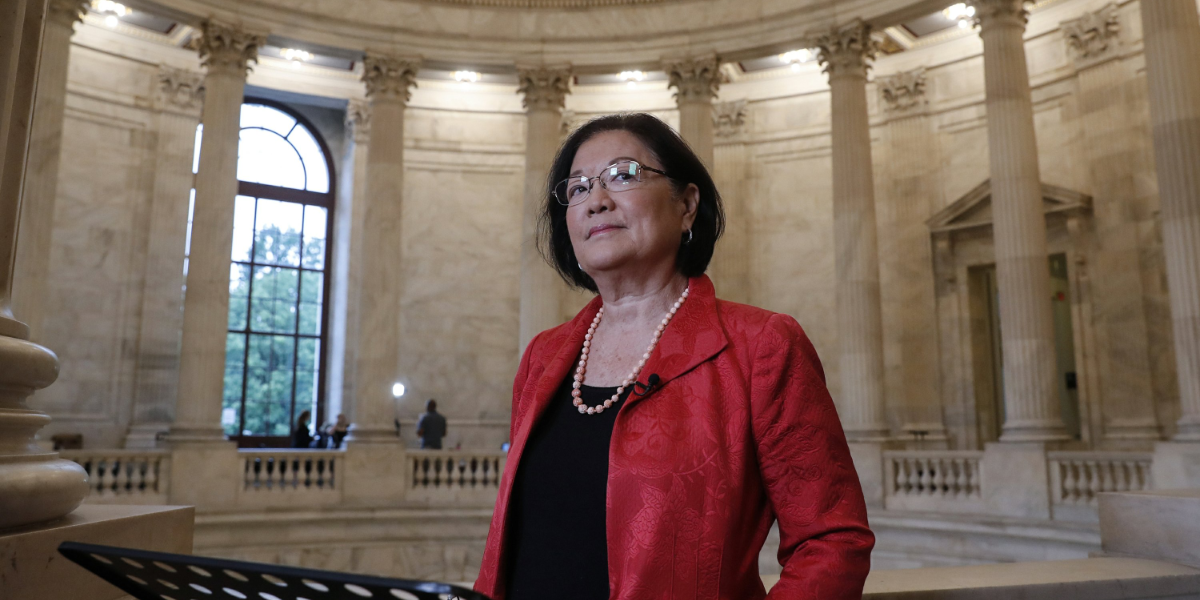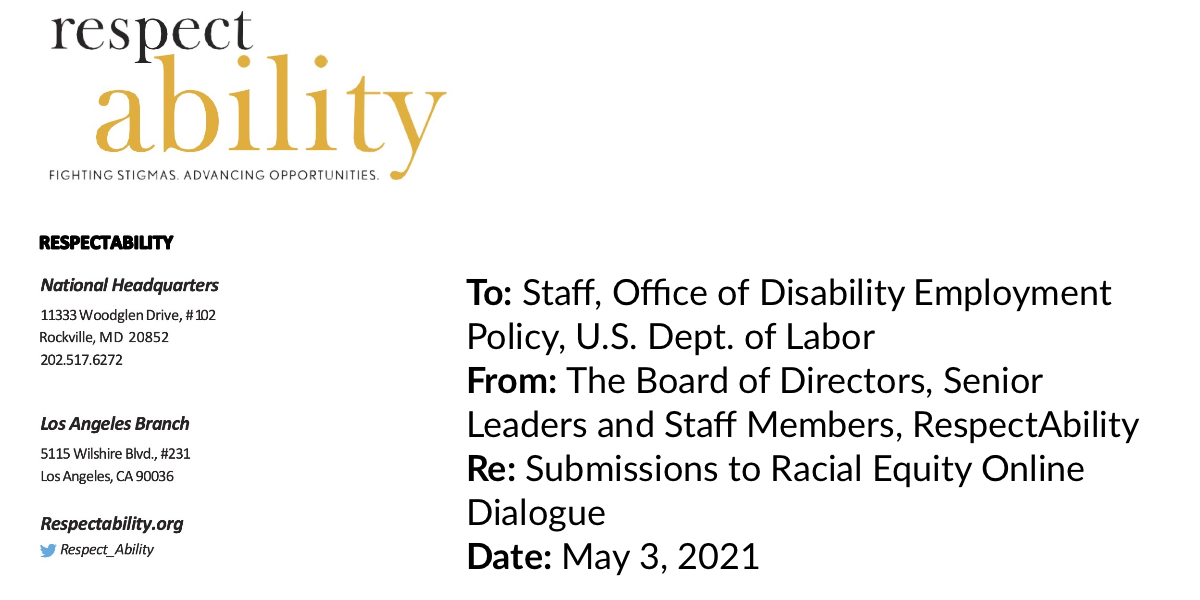New York, NY, May 28 – Today marks the final day to register to vote in the upcoming June 22 Primary Elections in New York City. Fortunately for New Yorkers with and without disabilities, anyone with a valid identification from the New York State Department of Motor Vehicles can register to vote online. You can directly and easily access that information by going to the DMV website.
If you want to register by mail, your registration will need to be postmarked today and mailed out to the Board of Elections. The address is 32 Broadway, 7 Fl New York, NY 10004-1609. Click here to download and complete the form.
If you would like to register in person, local board of elections offices are open until 5:00 p.m. Eastern today. To find your local office, go to the website.
Lastly, to vote in the November 2, 2021 general election, voters must be registered by October 8, 2021. Go to this website for a full list of upcoming voting deadlines.






